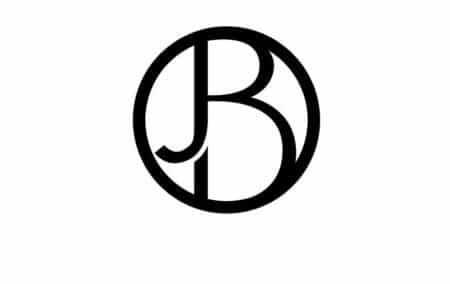South Africa’s preeminent independent publisher, Jonathan Ball, has died.
His life-long commitment was, as he described it, to ‘publish books of a liberal sanity’.
Having started out his career in publishing with Collier-Macmillan in the early 1970s, Ball struck out on his own in 1976 when he founded Jonathan Ball Publishers.
Two years later, the imprint made a marked impact on the South African political debate with the publication of the best-selling exposé, The Super-Afrikaners. by journalists Ivor Wilkins and Hans Strydom. It blew the lid off the ultra-secret and pervasively influential Afrikaner Broederbond, and listed the names of its members.
In an obituary yesterday, Eugene Ashton, chief executive of Jonathan Ball Publishers, noted that the publication of the book ‘would, in many ways, make public and permanent [Ball’s] principles’.
He was always unrepentant in confronting the key political issues of the day, and sustained a reputation for publishing the most important political books on South Africa.
Ashton wrote: ‘The celebrated transition in South Africa changed little in his publishing. Ball soon found the flaws in the new political establishment and published with the same vigour, sticking to his principles.’
A telling example was Ball’s publishing former ANC MP Andrew Feinstein’s After the Party, which focuses on the Arms Deal ‘as an example of how the ANC’s internal decline began’.
‘He would go on to publish the definitive political books of the time,’ Ashton noted, ‘ranging from Mark Gevisser’s biography of Thabo Mbeki, A Dream Deferred, to the shattering exposé on Jacob Zuma, Zuma Exposed, by journalist Adriaan Basson. He launched Jonny Steinberg, and published every one of his books, securing two Alan Paton awards along the way.’
[Image: Logo of Jonathan Ball Publishers]

